Research Article
Incorporating COVID-19 Into the Broader Narrative on Respiratory Diseases. A Citizens' and Patients’ Perspective Towards the Development of An EU Respiratory Health Plan
- Mariano Votta
Corresponding author: Mariano Votta, Director, Active Citizenship Network, c/o Cittadinanzattiva APS, Via Imera, 2 – 00183 Rome, Italy. ORCID iD: https://orcid.org/0000-0001-7557-2546, ResearchGate: www.researchgate.net/profile/Mariano-Votta/research
Volume: 2
Issue: 5
Article Information
Article Type : Research Article
Citation : Mariano Votta, Bianca Ferraiolo. Incorporating COVID-19 Into the Broader Narrative on Respiratory Diseases. A Citizens' and Patients’ Perspective Towards the Development of An EU Respiratory Health Plan. Journal of Medical and Clinical Case Reports 2(5). https://doi.org/10.61615/JMCCR/2025/SEPT027140912
Copyright: © 2025 Mariano Votta. This is an open-access article distributed under the terms of the Creative Commons Attribution License, which permits unrestricted use, distribution, and reproduction in any medium, provided the original author and source are credited.
DOI: https://doi.org/10.61615/JMCCR/2025/SEPT027140912
Publication History
Received Date
20 Aug ,2025
Accepted Date
04 Sep ,2025
Published Date
12 Sep ,2025
Abstract
As COVID-19 transitions from a pandemic to an endemic disease, its integration into the broader policy and healthcare framework for respiratory diseases becomes imperative. This paper presents findings from a European qualitative survey conducted among patient advocacy groups (PAGs) and civil society organisations (CSOs) to evaluate progress and gaps in policy, service transformation, public awareness, and preparedness for future respiratory health threats. It was promoted and coordinated by the Italian NGO Cittadinanzattiva through its EU branch, called “Active Citizenship Network”. The online qualitative survey (December 2024 – February 2025) targeting senior representatives of PAGs/CSOs across EU Member States gathered perspectives on COVID-19, vaccine-preventable respiratory diseases (VPRDs), health system resilience, and EU institutional roles.
Responses from 43 organisations in 19 Member States reveal: (1) persistent concern over new pandemics (83.7%); (2) limited preparedness by national authorities (only 27.9% considered adequate); (3) uneven public communication efforts, particularly for VPRDs; (4) modest e-Health progress (it was deemed “minimal” by >70%); (5) near-unanimous support for involving pharmacists in vaccination; (6) perceived policy gaps at both national and EU levels. (7) Civic and patient organisations remain underused as partners in health communication. (8) Top threats: financial constraints (76.7%), health impacts of air pollution/climate change (48.8%), oncological disease increase (34.9%), antimicrobial resistance (32.6%). On the other hand, the impact of long-COVID is perceived as worrying by only 9.3% of respondents, suggesting a risk of underestimation.
Findings underscore the urgency of an EU-level Respiratory Health Plan embedding Covid-19 within a comprehensive framework for VPRDs, with stronger institutional accountability, health workforce support, and civil society engagement.
Keywords
COVID-19; endemic transition; respiratory health policy; vaccine-preventable respiratory diseases; public health preparedness; European Union; health systems resilience; Civil Society Organizations (CSOs), Patients Advocacy Groups (PAGs); patients’ rights; civic participation.
►Incorporating COVID-19 Into the Broader Narrative on Respiratory Diseases. A Citizens' and Patients’ Perspective Towards the Development of An EU Respiratory Health Plan
Mariano Votta1*, Bianca Ferraiolo2
1Director, Active Citizenship Network, c/o Cittadinanzattiva APS, Via Imera, 2 – 00183 Rome, Italy.
2Senior Manager EU Affairs and Head of the Representative Office to the EU, Active Citizenship Network, Rue Philippe Le Bon 46, 1000 Brussels, Belgium.
Introduction
Respiratory infections are among the most common infectious diseases in Europe, and many of their most serious consequences are preventable. Respiratory infections such as Respiratory syncytial virus (RSV), pneumococcal disease, Covid-19, and influenza pose a significant and evolving threat to public health in Europe, affecting a range of at-risk groups, including older adults, young children, pregnant people, and those with underlying health conditions such as chronic obstructive pulmonary disease and cardiovascular disease. Recognition of their cumulative burden is growing, revealing persistent gaps in prevention and preparedness across health systems [1].
The formal end of the COVID-19 health emergency in the EU [2] does not signal the disappearance of the disease nor the need to reduce vigilance. Instead, COVID-19 is progressively entering the broader narrative on respiratory viruses, including influenza and other vaccine-preventable respiratory diseases (VPRDs).
The EU has invested substantially in emergency response mechanisms such as the Health Emergency Preparedness and Response Authority (HERA) [3], but there is no comprehensive, coordinated EU Respiratory Health Plan that addresses both the legacy of Covid-19 and the systemic challenges revealed by the pandemic [4,5].
With the presentation to the European Parliament of the 10 “Policy Recommendations Addressing high-risk patients‘unmet needs and challenges” [6] at the Active Citizenship Network’s initiative on 14 November 2023 [7], 26 patient advocacy groups (PAGs) from 13 countries sent a clear message to the EU institutions: even as Covid-19 moves from pandemic to endemic, we must ensure that we remain vigilant and prioritise efforts to minimise its impact [8]. Particularly for vulnerable populations and during the winter season, it is imperative to ensure that COVID-19 is given the utmost attention.
The current study was designed to assess — one year later — the degree to which such recommendations have been translated into practice across Europe.
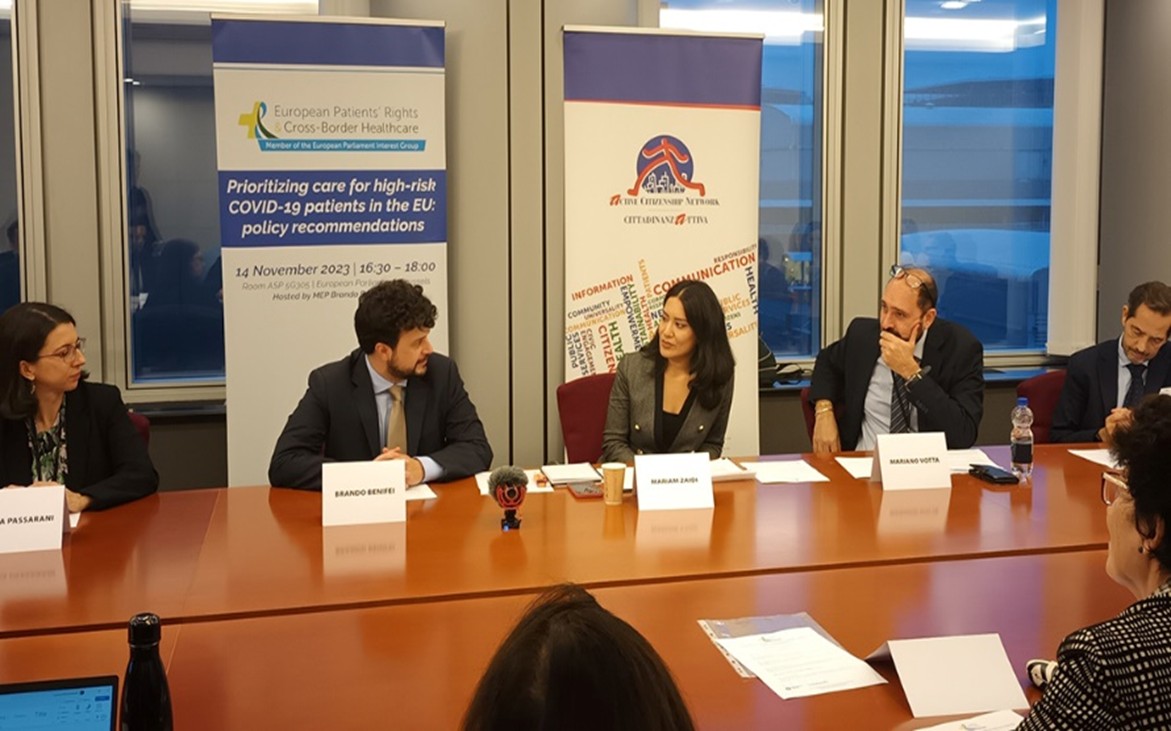
Figure 1: Italian MEP Brando Benifei (S&D group) at the ACN’ initiative. EU Parliament, 14 Nov. 2023
The Methodology
The Italian NGO Cittadinanzattiva [9], through its EU branch, called “Active Citizenship Network” (ACN) [10], designed a qualitative, non-comparative online survey distributed between 18 December 2024 and 16 February 2025. It was addressed to a specific target group: leaders/senior representatives of national patients associations, patient advocacy groups (PAGs) across Europe, and civil society organisations (CSOs) engaged in patient rights and public health, aiming at identifying their opinions and concerns.
The content of the EU online survey was discussed and co-defined on the occasion of the EU workshop organized by ACN on 14 October 2024 in Brussels (Belgium) & online, and titled “Empowering & mobilizing PAGs on Covid-19 (and long Covid), Prevention, immunization & treatments” [11]. In particular, the survey was designed in the following six thematic sections:
- General information
- New pandemics & future scenarios
- Public awareness and communication of the symptoms and risks of COVID-19 and other vaccine-preventable respiratory diseases (VPRDs)
- Transformation of the National Health Service
- Creating a comprehensive policy framework
- The Role of EU Institutions
The survey was voluntary, anonymous, and aimed to gather perceptions, not numerical prevalence. Not a comparison between different countries, but an overall European assessment.
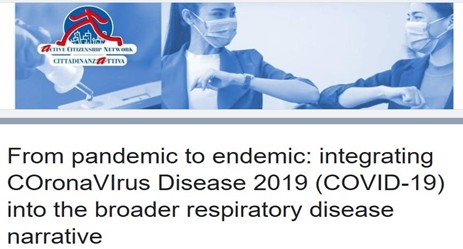
Figure 2: EU survey launched by Cittadinanzattiva-Active Citizenship Network
List of associations (CSOs & PAGs) involved [12]
- Austria (1): NÖ Patienten- und Pflegeanwaltschaft - Lower Austrian Patient and Care Advocacy [13]
- Bulgaria (5): Пациентски организации "Заедно с теб" - Patients Organizations «With You» [14]; Association of Reproductive Health, Pregnancy and Childcare "Smile” [15]; Alliance of Transplanted and Operated ATO "Future for All” [16]; Association of Patients with Cardiovascular Diseases [17]; The Innovations Institute [18]
- Croatia (2): Udruga za promicanje prava pacijenata - Croatian association for the promotion of the patient rights [19]; International Council of The Patient Ombudsman [20]
- Cyprus (1): Cyprus League of People with Rheumatism [21]
- Denmark (1): Leverforeningen Danmark - Denmark Liver Association [22]
- Finland (1): Suomen Kipu ry - Finnish Pain Association [23]
- Greece (2): Ινστιτούτο Μελετών Καινοτομίας και Ανάπτυξης (IMKKA) - Institute of Research for Innovation and Development [24]; Hellenic Cancer Federation [25]
- Ireland (1): Irish Patients Association [26]
- Italy (2): Cittadinanzattiva APS; FAIS - Federazione delle Associazioni Incontinenti e Stomizzati - Federation of Incontinent and Ostomised Associations [27]
- Latvia (2): Impact 2040 [28]; Talented Borders [29]
- Malta (5): Malta Health Network [30]; Malta Colorectal Cancer Awareness Group (MCRCAG) [31]; Europa Donna Malta [32]; Association of Private Family Doctors (APFD) [33]; National Patients' Organization – Malta [34]
- Netherlands (2): European Patients Empowerment for Customised Solutions (EPECS) [35]; EU Prevent [36]
- Poland (2): Instytut Praw Pacjenta i Edukacji Zdrowotnej - Institute of Patient Rights and Health Education [37]; Fundacja STOMAlife - STOMA life Foundation [38]
- Portugal (3): Associação Portuguesa de Neuromusculares (APN) - Portuguese Neuromuscular Association [39]; Portuguese Society of Health Literacy [40]; Associação de Doentes de Dor Crónica dos Açores - Azorean Chronic Pain Patients Associations [41]
- Romania (2): Asociatia Pacientilor cu Afectiuni Autoimune (APAA) - Autoimmune Diseases Patients Association [42]; Coalitia Organizatiilor Pacientilor cu Afectiuni Cronice (COPAC) - Coalition of Patients Organisation with Chronic Disease [43]
- Slovakia (1): Šanca pre pečeň - Chance for the Liver [44]
- Slovenia (3): Slovenska banka hrane (SIBAHE) - Slovenian Food Bank [45]; Društvo Kultlab Celje-Kultlab Celje Society [46]; Association for Justice and Control
- Spain (6): Asociación Española de Pacientes Contra el Dolor (APDOL) [47]; Sine Dolore Pain Foundation [48]; Osteoarthritis Foundation International [49]; Federación Nacional de Asociaciones ALCER (Asociación para la Lucha Contra las Enfermedades del Riñón) - The National Federation of Associations ALCER (Association for the Fight against Kidney Diseases) [50]; Universidad del Paciente y la Familia - Patient and Family University [51]; Asociacion Española con Osteoporosis y Artrosis (AECOSAR) [52]
- Sweden (1): FOKUS Patient [53]

Figure 3: Participants to the EU Workshop “Empowering & mobilizing PAGs on Covid-19 (and long Covid), Prevention, immunization & treatments”. Brussels, 14 October 2024
Respondent Profile
In total, 43 PAGs and CSOs from 19 Member States. The majority of them work mainly at a national level (83.7%), several are also involved at a European level (42.9%), very few at an international level (7%).
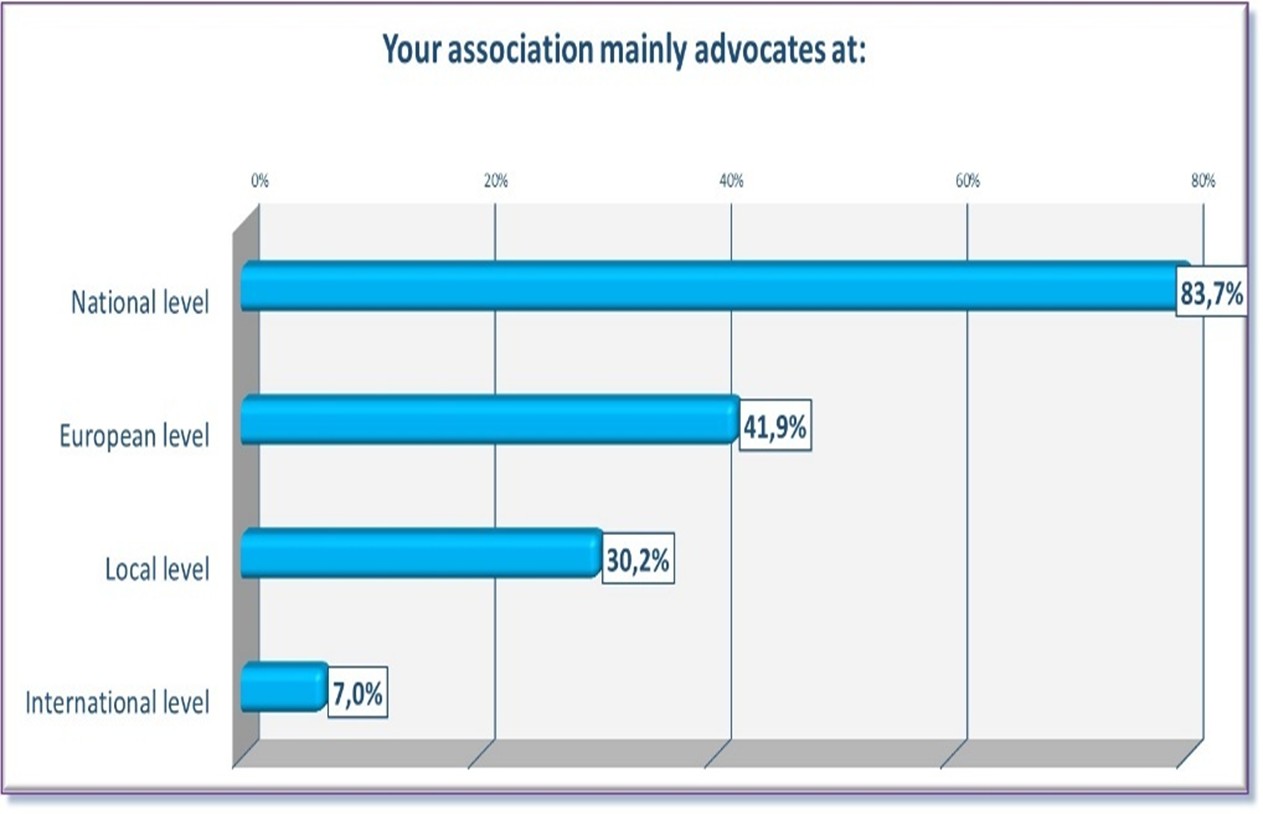
Table 1: Information about the survey participants (I)
By type, the associations are well distributed among advocacy groups (27.9%), civil society organisations (34.9%), and patient associations in the strict sense (32.6%).
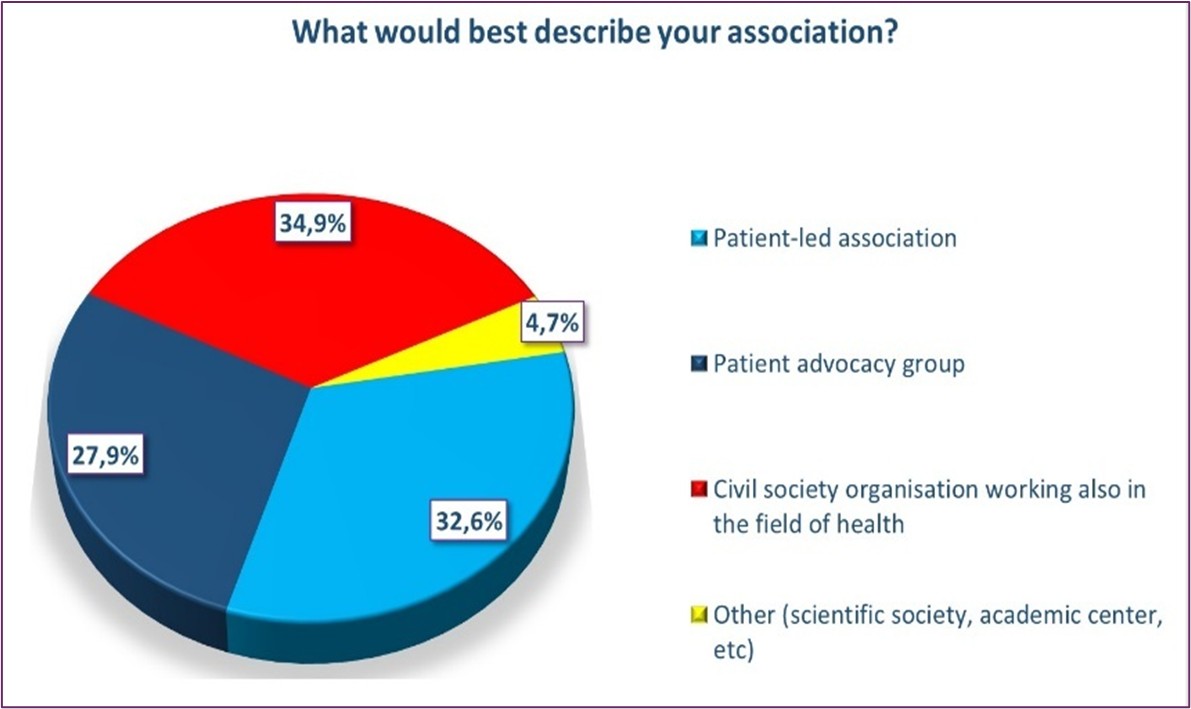
Table 2: Information about the survey participants (II)
The associations are mainly committed to protecting the rights of patients suffering from chronic (76.7%) and rare (41.9%) diseases, but there are also associations (55.8%) that are not dedicated to a specific health condition of the people they support.
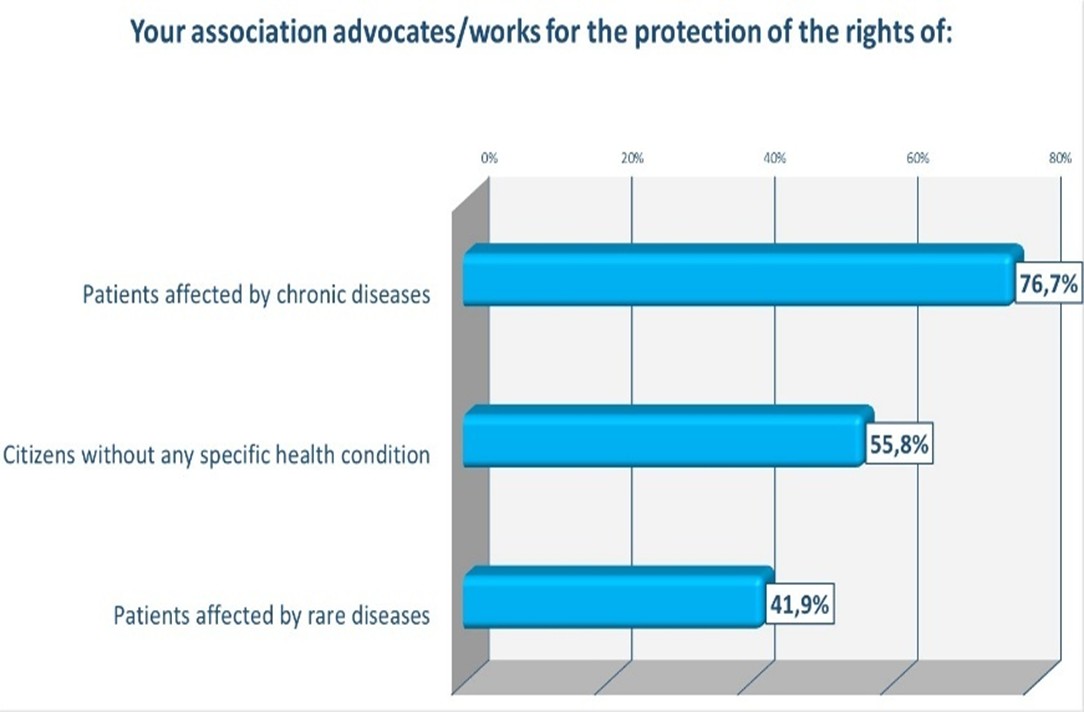
Table 3: Information about the survey participants (III)
The associations that have as their main target people with chronic and rare diseases mainly deal with oncological diseases (51.2%) followed by respiratory diseases (39.5%) and cardiovascular diseases (37.2%).
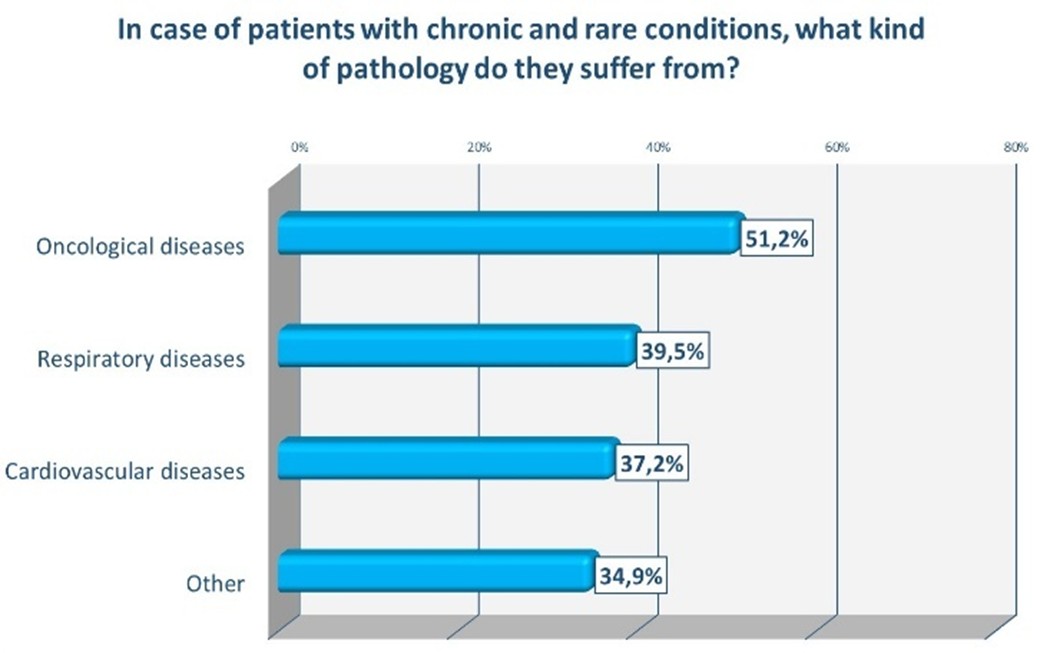
Table 4: Information about the survey participants (IV)
Values and Limits of this Work
The data collected do not claim to represent a scientifically representative statistical sample; however, this does not reduce the value of the monitoring and civic analysis work carried out as a contribution to institutional and organizational decision-makers to improve the care of respiratory viruses and vaccine-preventable respiratory diseases (VPRDs) across Europe. The survey can be considered indicative of the most important issues among those being investigated, and sufficient to contribute to the elaboration of proposals aimed at improving the criticalities and problems that concern the social and health needs of European citizens and patients, with a particular attention to the most vulnerable target groups of the European population.
Limitations
- Qualitative design limits generalisability.
- Self-selection bias may have favoured more engaged or concerned organisations.
- Absence of direct clinical or epidemiological data, due to a qualitative, not quantitative, collection of data.
- No inter-country comparisons were intended.
Strengths
- On-time initiative, as the topic is at the forefront of the HCPs and Institutions;
- Covered 19 EU Member States, exceeding target sample size (aimed target: 20 PAGs and CSOs from 8 EU Member States).
- Captured the civic and patient perspective, a voice often underrepresented in policy debates.
- Engaged a high-level, knowledgeable respondent base: 83.7% held senior positions, which proves the quality of the target group we addressed.
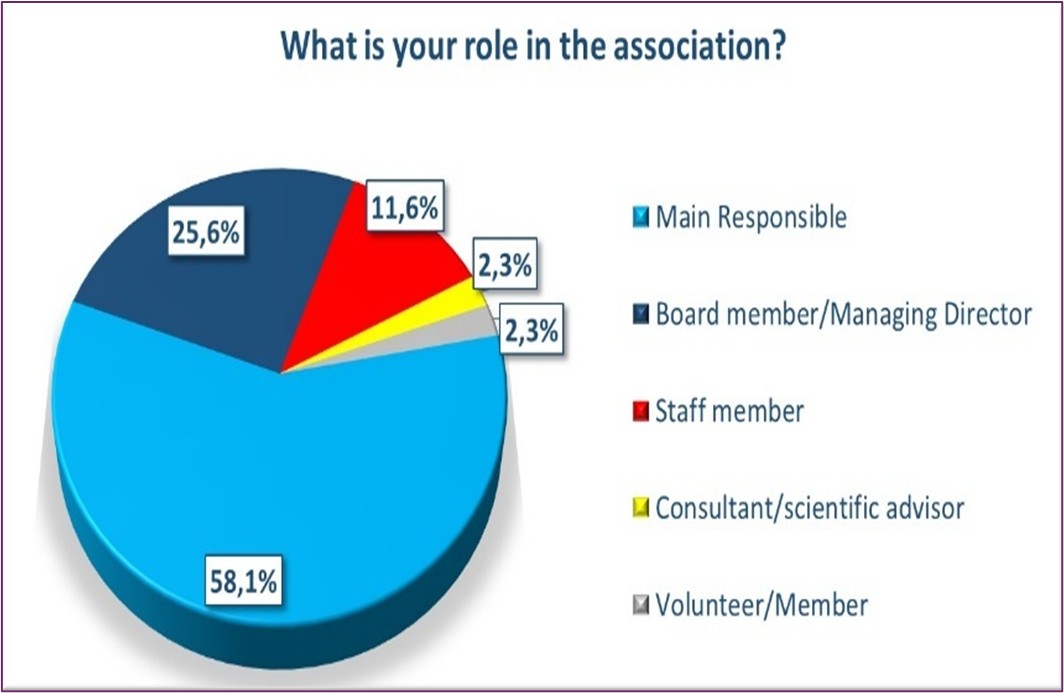
Table 5: Information about the survey participants (V)
Results and Discussion
Perceptions on New Pandemic Risk & Future Scenarios
The threat of a new global pandemic is very much present in the minds of the vast majority of health associations: in fact, 83.7% of respondents consider it very or fairly likely, while only 2.3% consider it very unlikely.
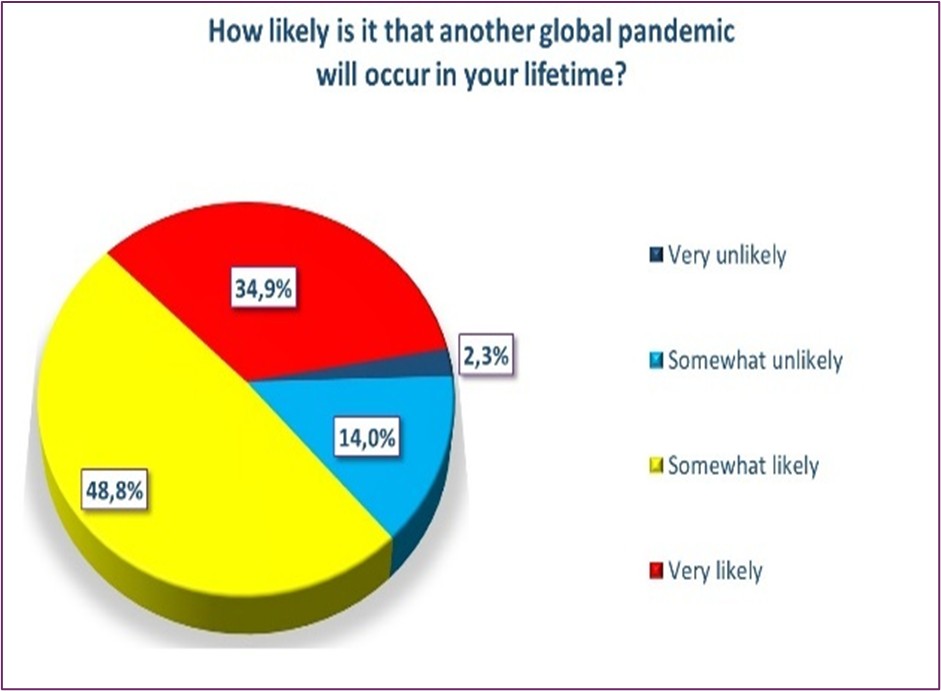
Table 6: New pandemics & future scenarios (I)
Spending limits not to be exceeded, therefore, financial limitations due to budget restrictions, but also staff shortages, as well as increasing costs, the combination of these factors seems to be the main cause that could threaten global health in the next 5 years. This was emphasised by 76.7% of respondents.
Concerns about the health impacts of air pollution and climate change (48.8%), as well as the increase in oncological diseases (34.9%) and antimicrobial resistance (32.6%), are also very high. There is also significant concern about the increase in the population with chronic diseases (30.2%).
On the other hand, the impact of long-COVID is perceived as worrying by only 9.3% of respondents, suggesting a risk of underestimation.
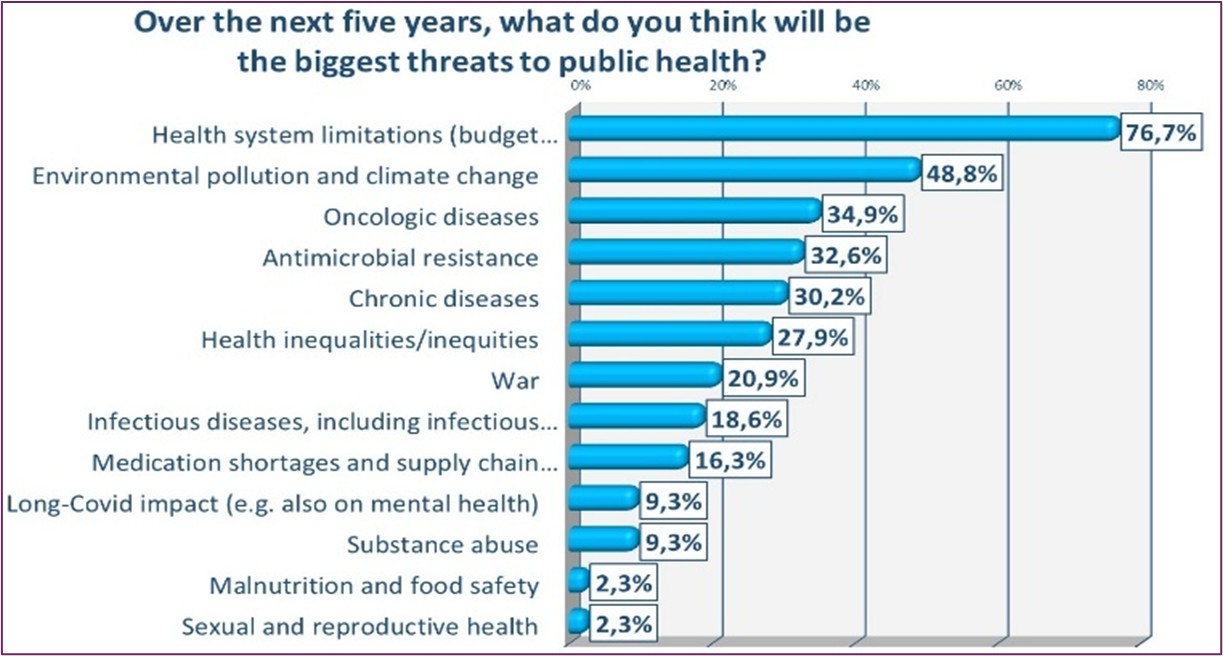
Table 7: New pandemics & future scenarios (II)
Only just over a quarter of respondents (27.9% to be precise) believe that the national authorities in their country are adequately preparing for future threats to public health/health emergencies in general; in contrast, as many as 41.9% believe that very little is being done in this regard.
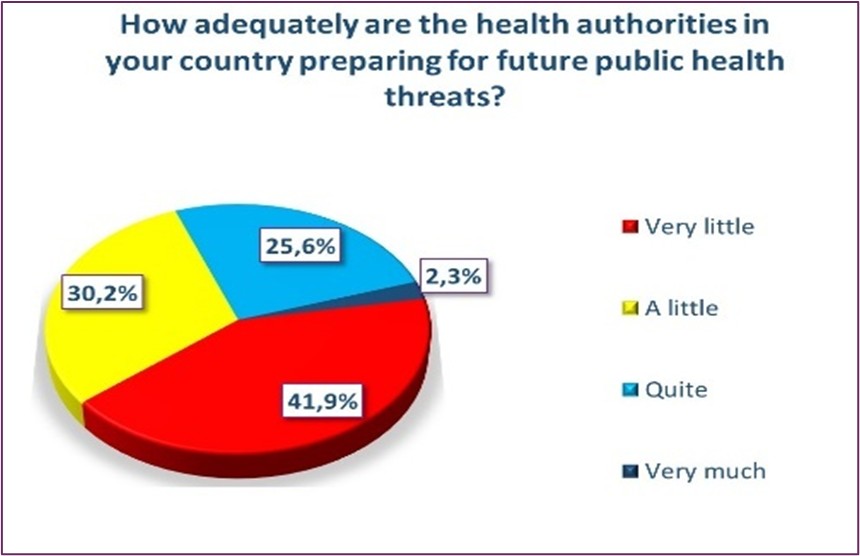
Table 8: New pandemics & future scenarios (III)
Public Awareness and Communication of The Symptoms and Risks of COVID-19 and Other Vaccine-Preventable Respiratory Diseases
Encouraging signs are coming from public health authorities, who in various countries have continued to work hard in 2024 to inform the population about the symptoms and risks caused by COVID-19, providing specific messages for the highest risk categories. Specifically, almost 40% of respondents recognise that this commitment by public authorities has been quite or very significant with regard to Covid-19.
The same cannot be said for other VPRDs, given that the percentage of those who consider this commitment to be quite or very significant drops to 23% of respondents.
Above all, with regard to VPRDs, there is still reluctance from public authorities to involve civic and patient organisations, which could be useful in supporting health authorities in conveying key messages to the population.
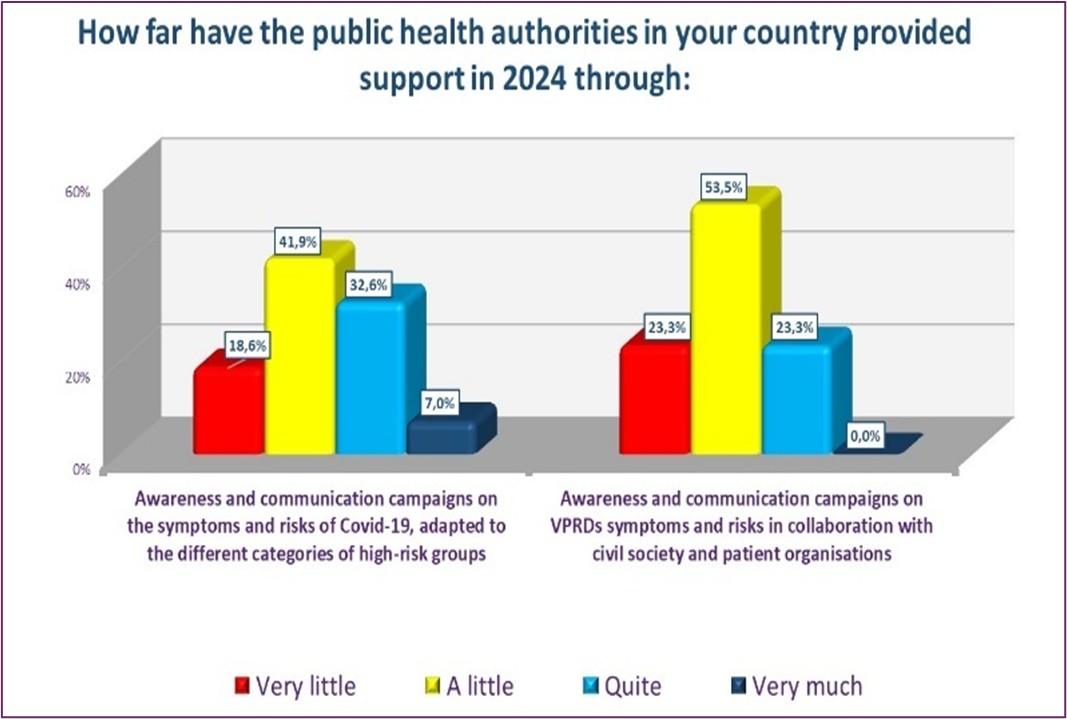
Table 9: Public awareness and communication on COVID-19 & others VPRDs (I)
In terms of support for healthcare workers, there is a level of commitment from public authorities to support them, but this is not yet considered satisfactory. In detail:
- 30.3% of associations admit that enough or a lot has been done to enable HCPs to acquire knowledge of existing COVID-19 treatments, in collaboration with medical societies;
- the percentage drops to 27.9% among those who believe that enough or a lot has been done to facilitate access to training programmes for health workers in their country as a valuable means of responding to the growing demand for prevention and medical care;
- Only 23.3% believe that enough or a lot has been done to improve the communication skills of healthcare workers with the public/users/patients, also with the aim of improving patients' knowledge of the risks of Covid-19 and their general trust in the healthcare system.
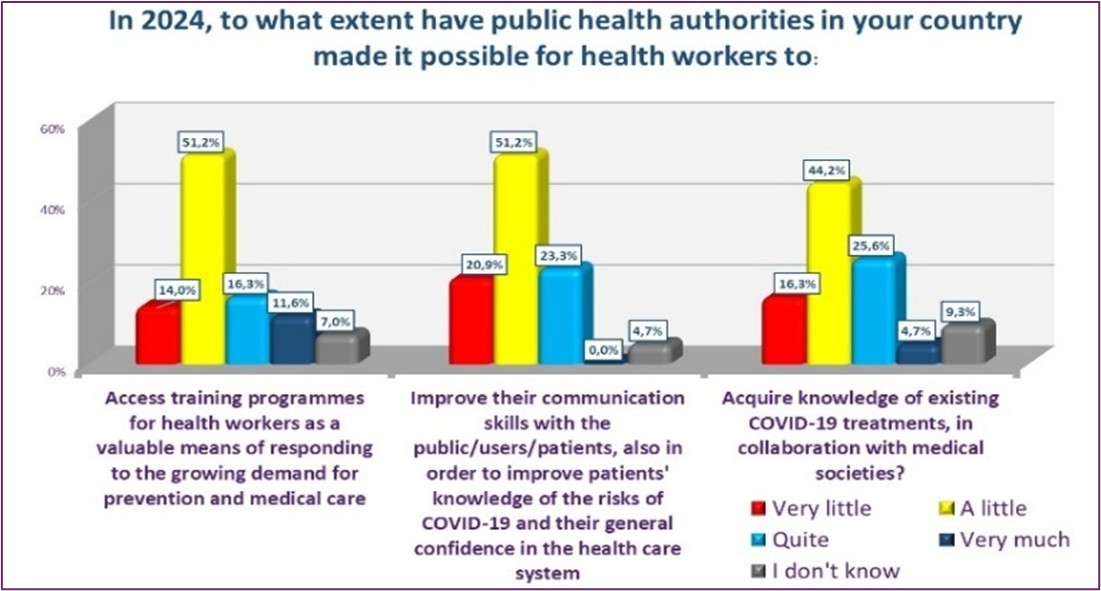
Table 10: Public awareness and communication on COVID-19 & others VPRDs (II)
Transformation of the National Health Service
The progress made in 2024 in e-Health infrastructure appears modest to most: the process is still too slow, according to the majority of associations. In particular, for over 70% of them, this improvement has been zero or almost zero in the last year.
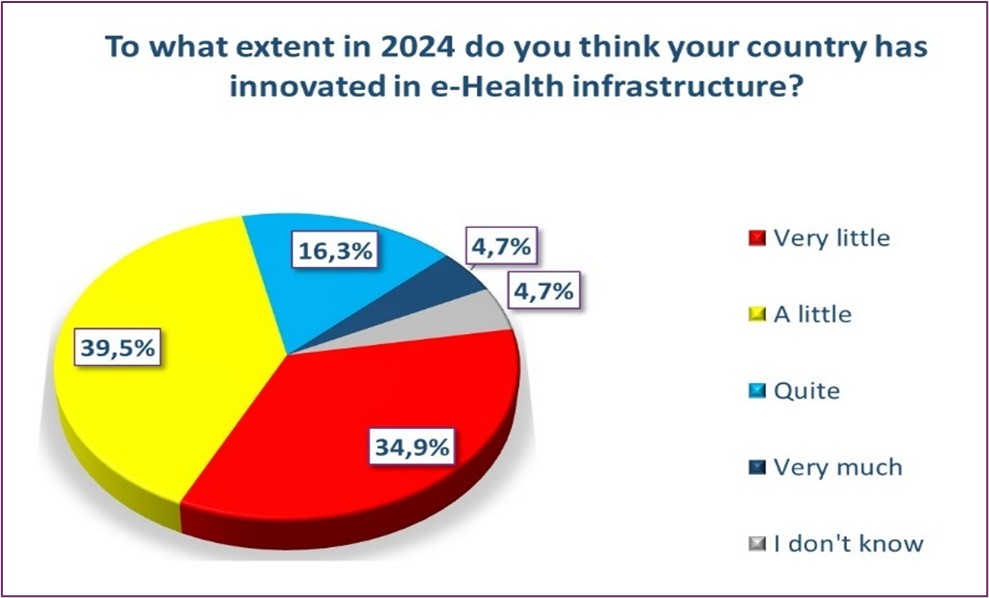
Table 11: Transformation of National Health Services (I)
Things are a little better with regard to the commitment of public health authorities at the national level to promote multidisciplinary and versatile medical and patient pathways: progress, albeit slight, has been recorded by 58.1% of the associations, while the situation has improved considerably for a further 23.3%.
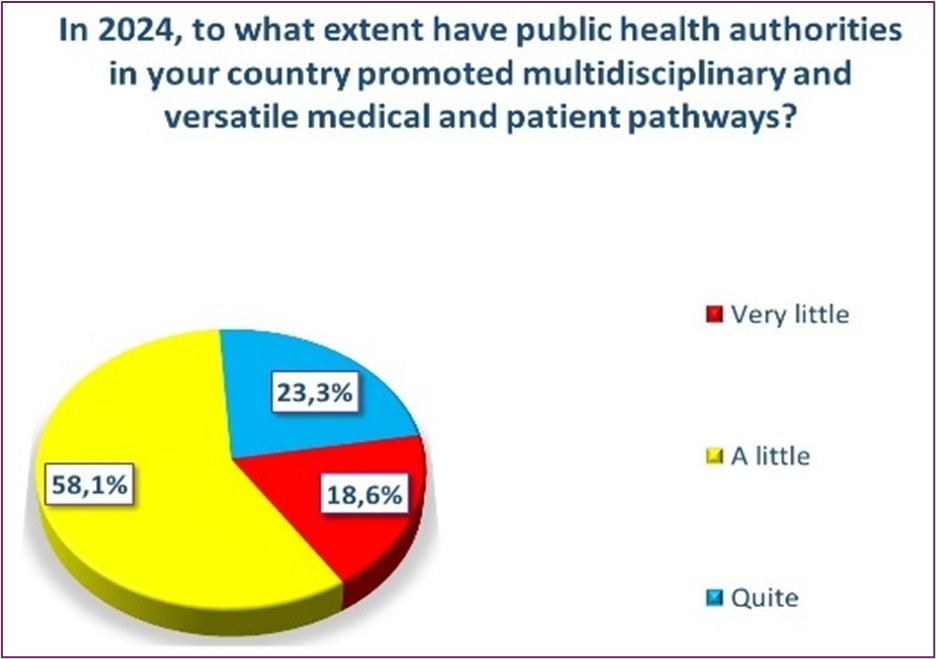
Table 12: Transformation of National Health Services (II)
It should be noted that there was almost unanimous agreement (97.7%) in favour of greater involvement of pharmacists in national plans for immunisation of the population in each country. In this regard, this level of involvement is at an advanced stage but not yet systematic, which explains why half of the sample (51.2%) replied that pharmacists are already involved, while the other half (48.8%) stated that they are not yet involved.
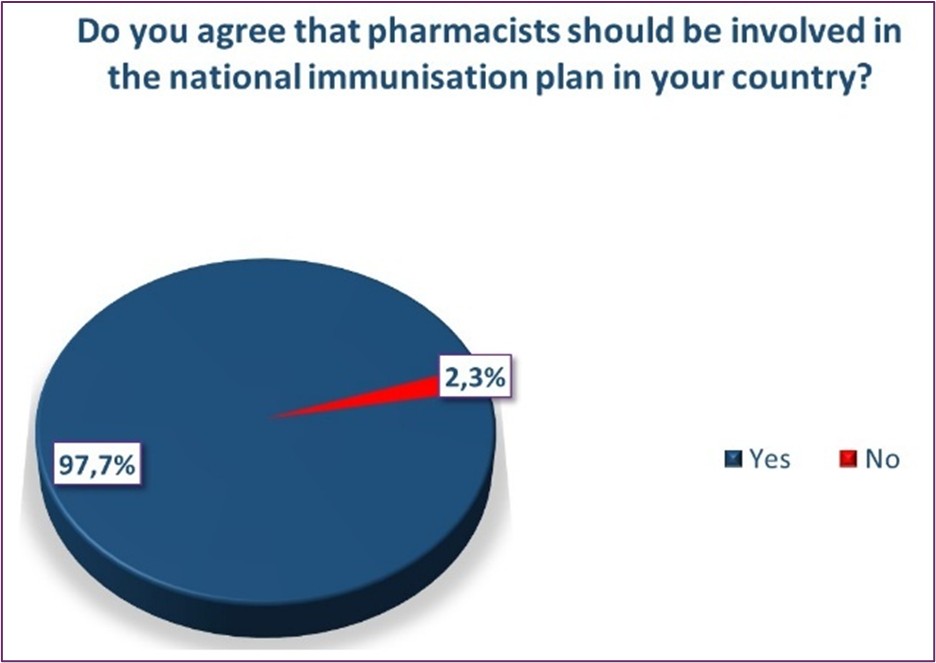
Table 13: Transformation of National Health Services (III)
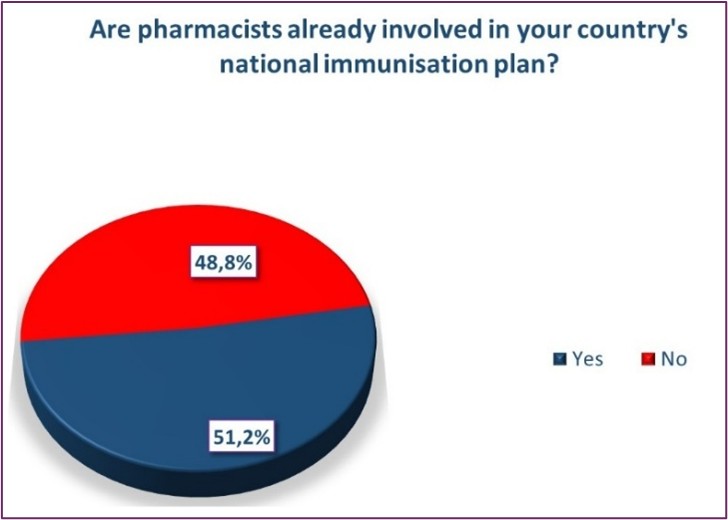
Table 14: Transformation of National Health Services (IV)
Still with reference to pharmacies, it is interesting to note that, according to only 30.2% of respondents, the involvement of pharmacists in vaccination policies has remained unchanged compared to the pre-pandemic period. For the majority, however, it has increased: by a lot for 20.9% of respondents, and by a little for a further 20.9% of respondents.
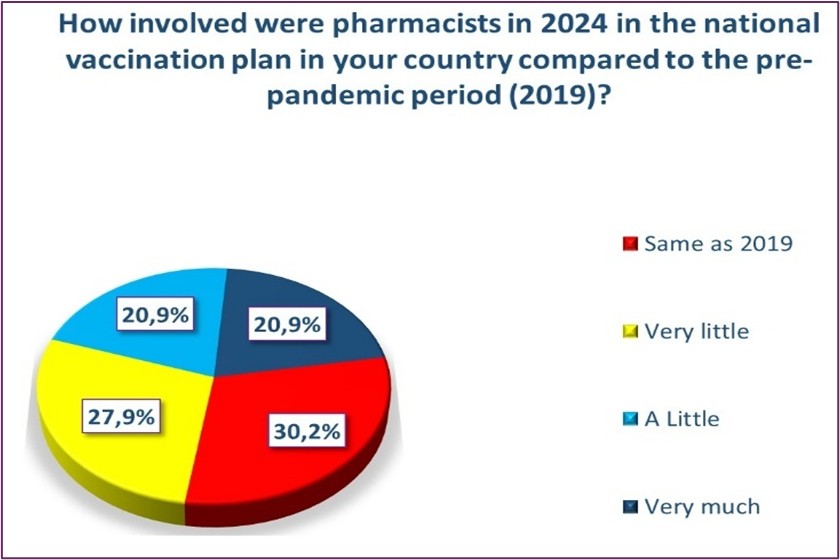
Table 15: Transformation of National Health Services (V)
Creating a Comprehensive Policy Framework
We are still a long way from creating a comprehensive policy framework, according to the survey respondents: for example, opinions are divided regarding the commitment of national public health authorities to guaranteeing high-risk groups access to free Covid-19 test kits: 32% are both those who believe that their national authority has done enough, and those who – on the other hand – believe it has done very little.
More convergent are the answers regarding the decision of public authorities to make the fight against the virus a priority on their political agenda, and therefore to adopt appropriate public health policies to better respond to future crises: more than 70% believe that little or very little has been done in this regard.
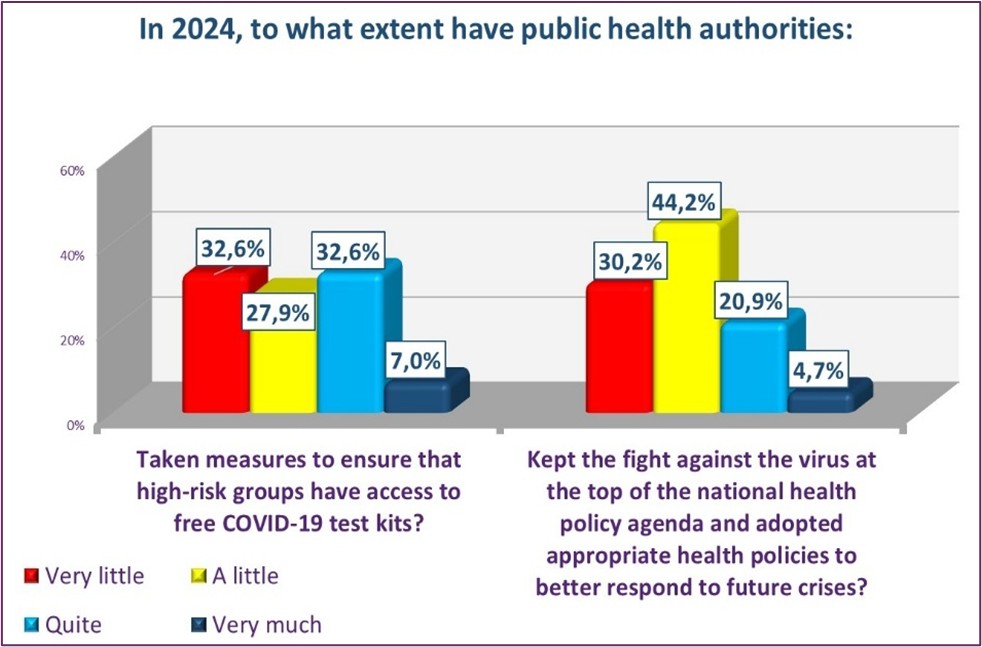
Table 16: Creating a comprehensive policy framework
EU Institutions’ Performance
Finally, how is the role of European institutions evaluated, starting with the Health Emergency Preparedness and Response Authority (HERA), whose mission is to prevent, detect, and rapidly respond to health emergencies?
- 32.6% believe that HERA has done enough to ensure equitable access to COVID-19 treatments.
- An even higher percentage, 39.6%, believe that the European Commission has provided sufficient support to research facilities to improve the prevention, detection, monitoring, and treatment of Covid-19, including post-Covid effects.
In any case, a significant percentage, more than 15%, admits to not having enough information to express an opinion on the matter, and this too is part of the problem, given that we are talking about the work of public institutions that should be better able to increase their accountability.
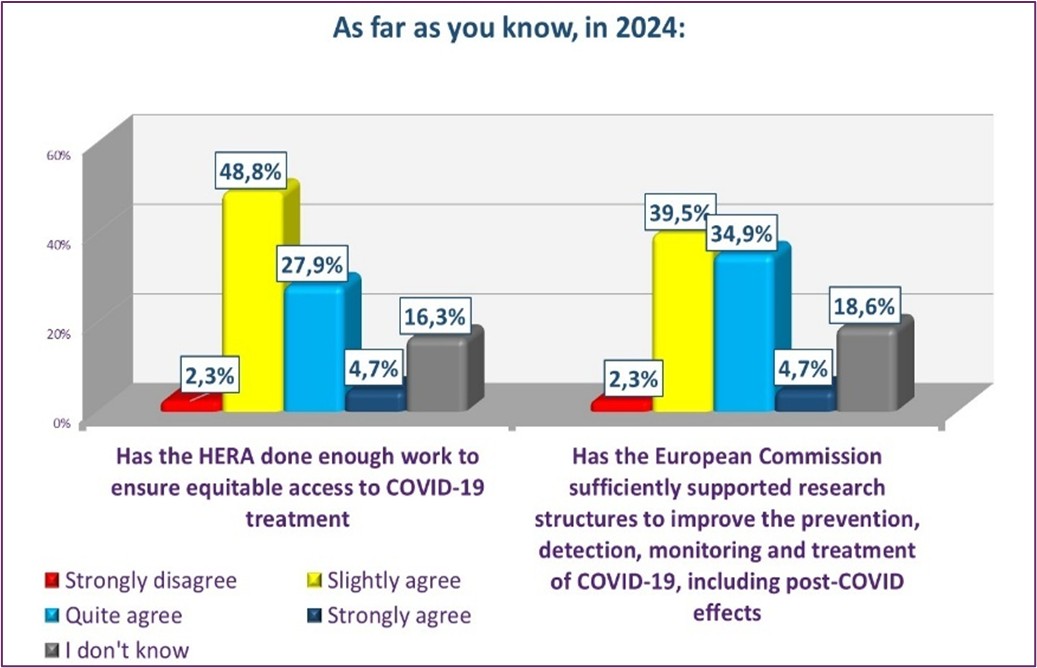
Table 17: The Role of EU Institutions
Conclusions
Findings underscore the urgency of an EU-level Respiratory Health Plan embedding Covid-19 within a comprehensive framework for VPRDs, with stronger institutional accountability, health workforce support, and civil society engagement. In particular, the data point to a critical policy gap: while Covid-19 is transitioning to endemic status, EU and national responses remain fragmented.
The threat of a new global pandemic is very much present in the minds of the vast majority of health associations (83.7% consider a new pandemic “very” or “fairly” likely in the next 5 years), but it still seems to be underestimated by the political and health authorities operating at a national level. In fact, there is a certain commitment on the part of the public authorities to support healthcare workers, but this is not yet considered satisfactory. There is also the risk of underestimating the impact of long-COVID.
Transformation of the National Health Service is, of course, a long-term process. Over the last year (2024), modest progress has been made in innovation within e-Health infrastructure, while the situation has improved somewhat in terms of the commitment of public health authorities at the national level to promote multidisciplinary and versatile medical and patient pathways.
The most tangible development is the involvement of pharmacists in national immunisation programmes, which are unanimously recognised as useful. Although this involvement is at an advanced stage, especially in some countries, it cannot yet be said to be systematic. In any case, compared to the pre-pandemic period, for 20.9% of the associations, the involvement of pharmacists in vaccination policies has increased significantly.
The role of the European institutions, with reference to HERA to ensure equitable access to Covid-19 treatment, and to the European Commission (also for monitoring and treatment of Covid-19, including post-Covid effects) is positively evaluated by over 30% of the associations, even if a not inconsiderable percentage, over 15%, admits to not having enough information to express an opinion on the matter.
To sum up, we are still far from creating a comprehensive policy framework according to the survey respondents: more than 70% believe that little or very little has been done by the public authorities in wanting to put the fight against the virus at the top of their political agenda, and therefore in adopting appropriate public health policies to better respond to future crises.
Also, for this reason, Active Citizenship Network advances the following Civic Recommendations
- Incorporate the topic of Covid-19 and its variants into the broader narrative regarding VPRDs: without such integration, Europe risks losing both the momentum and the lessons of the pandemic.
- Pay attention to and prioritise VPRDs as has been done in the past for COVID-19 and its variants.
- Investigate the impact of long Covid, and more generally of VPRDs, especially with regard to specific population groups and vulnerable target groups.
- Investigate the impact of long Covid on people's mental health.
- Continuously strengthen support for healthcare workers, as an essential precondition for guaranteeing a higher level of protection of patients' rights.
- Strengthen the culture of accountability in the European Institutions, providing more opportunities for discussion and exchange of information with the leaders of CSOs & PAGs to better understand - in terms of public health - the work of the European authorities (such as HERA, which is still very little known, also because it does not directly impact the daily lives of European citizens).
For the implementation of the above-mentioned Civic Recommendations, the Active Citizenship Network is working at the EU level in the following directions:
1) A “VaccinAction tour calendar” across the EU and beyond, to raise awareness of how Civil Society Organizations & Patients Advocacy Groups-PAGs can play an active role in supporting public vaccination policies. Showing concrete experiences, the goal is to encourage national political authorities to get involved in communication initiatives aimed at the population, civic organisations, and patient associations that could be of useful support to health authorities in conveying key messages to their constituency, and help reach difficult-to-reach target groups. In line with recent indications at a European and global level:
- December 5, 2023, the European Commission adopted the EU4Health 2024 work program to implement key health policy priorities within the European Health Union. As Stella Kyriakides, European Commissioner for Health and Food Safety, said, "Civil society has a crucial role to play in reaching out to our citizens" [54].
- G7 Ministers’ Meeting on Health 9/11 Oct. 2024 Ancona (Italy): “ vaccination is an essential preventive measure and reiterate the crucial role of routine immunisation and campaigns”…. “the importance of raising awareness and involving the general population by providing evidence-based information through campaigns aimed at citizens’ empowerment and increasing health literacy regarding prevention, research and care” [55].
After Belgium [56], Hungary [57], Spain [58], Finland [59], Poland [60], Japan [61], Romania [62], Italy [63] and Austria [64], the next appointments of the ACN’ “VaccinAction tour calendar” are both in France on April 2026 on the occasion of the 4th International Conference on Vaccines Research and Development [65], and on the occasion of the Infectious Diseases Congress (IDC 2026) [66].
2) To continue cooperation as a member of the Steering Group on Prevention of Respiratory Infections, the EU group that brings together 11 organisations representing healthcare professionals, scientists, academics, civic society organisations, and industry, aiming to increase vaccination uptake for respiratory infections in Europe. Each year, the Steering Group organises an awareness-raising campaign on the importance of vaccination, promoting the EU Flu Day. Formerly known as the Steering Group on Influenza Vaccination, it expanded its focus to include other respiratory infections like COVID-19 and RSV. The group advocates for a harmonized, data-driven approach to respiratory immunisation, including standardized data collection, robust electronic vaccination registries, and enhanced training for healthcare professionals [67].
3) To develop a Call-to-Action “Towards the Development of an EU Respiratory Health Plan” outlining best practices to facilitate patients’ access to respiratory care, in partnership with RPP Group and thanks to the involvement of HCPs, CSOs, and PAGs [68]. Despite the low prioritisation of respiratory diseases at the EU level & within the new EU Commission workplan, the European Centre for Disease Prevention and Control (ECDC), in collaboration with the European Commission, is currently developing the first-ever EU-level Infection Prevention and Control (IPC) Guidelines [69]. This marks a pivotal opportunity to embed respiratory care into a unified European framework for infection control. The Call to Action will intend to provide strong input into this process, ensuring that the specific needs of respiratory health are fully addressed. A document to be presented at the EU Parliament, thanks to the support of the MEPs Interest Group “European Patients' Rights and Cross-border Healthcare” [70], and to the new SANT European Parliament standing committee on public health [71].
4) To carry out a “Civic Audit” [72] based on the principles states in the European Charter of Patients‘ Rights [73] as a kaleidoscope to strengthen the protection of citizens and patients suffering from respiratory disease, taking advantage of what is emerging from the current situation, given that an objective of the Polish Presidency of the Council of the EU, as written in the recently published White Paper “Healthcare Policy Recommendations” [74] is to institutionalise the principles of the European Charter of Patients’ Rights – written in 2002 by Active Citizenship Network in collaboration with many PAGs – at the European level and integrate them into the acquis communautaire.
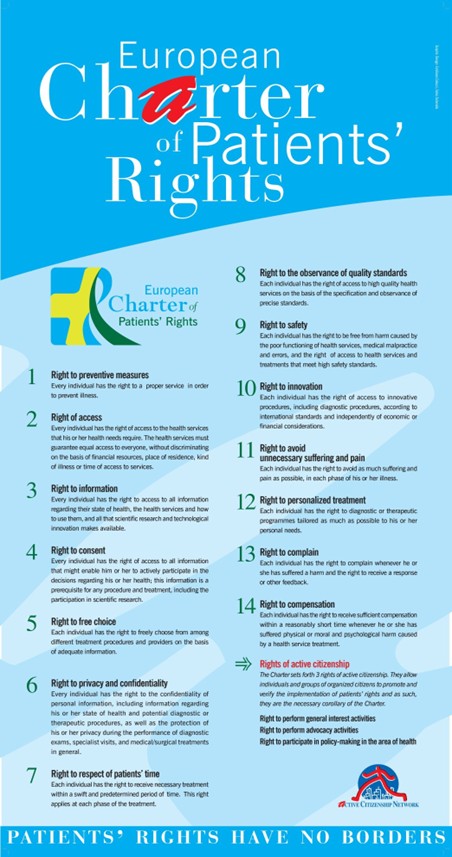
Figure 4: European Charter of Patients’ Rights
Declarations
Each of the authors confirms that this manuscript has not been previously published by another international peer-reviewed journal and is not under consideration by any other peer-reviewed journal. Additionally, all of the authors have approved the contents of this paper and have agreed to the submission policies of the journal.
Authors’ Contribution
Each named author has substantially contributed to managing the described initiative and drafting this manuscript.
Conflict of Interest
To the best of our knowledge, the named authors listed on the first page declare that they do not have any conflict of interest, financial or otherwise.
Acknowledgements
The EU survey “From pandemic to endemic: integrating COronaVIrus Disease 2019 (Covid-19) into the broader respiratory disease narrative” is consistent with Cittadinanzattiva long-term commitment to the fight against the Covid-19 pandemic at the national & at the EU level [75] and has been developed by Active Citizenship Network as part of the EU project “Empowering & mobilizing PAGs on Covid-19 prevention & treatments for vulnerable target groups” [76], realized thanks to the unconditional support of Pfizer.
- “Strengthening EU action on respiratory infections through immunisation: A call for a Council Recommendation on the value of vaccination against respiratory infections”.
- WHO. (2023). Statement from Emer Cooke on the end of the Covid-19 public health emergency.
- European Commission, Health Emergency Preparedness and Response Authority.
- European Centre for Disease Prevention and Control (ECDC). (2025). Covid-19 situation update for the EU/EEA. Stockholm: ECDC.
- World Health Organization. (2024). From pandemic to endemic: sustaining responses to Covid-19. Geneva:
- “Covid-19 patient pathways: Policy Recommendations”.
- “Policy recommendations on Covid-19 high-risk patient pathways in the EU”.
- Annals of Immunology & Immunotherapy. (2024). Prioritizing Care for High-Risk Covid-19 Patients in the EU: 10 Civic Recommendations to the Institutions.
- Cittadinanzattiva APS is an organisation, founded in Italy in 1978, which promotes citizens' activism for the protection of rights, the care of common goods, the support for people in conditions of weakness in Italy and abroad.
- Active Citizenship Network is part of the Cittadinanzattiva APS legal entity and is one of the most widespread and flexible European networks which - in recent years - has involved hundreds of civic, patient and user organisations from European and non-European countries in its initiatives.
- 14 October 2024 | Brussels (Belgium) & online: Empowering & mobilizing PAGs on Covid-19 (and long Covid), Prevention, immunization & treatments.
- The Albanian association «Pacientet me Hepatite» - «Patients with Hepatitis» Association, also responded to the survey and we are very grateful for the attention given to this initiative. For the purposes of this work, the information from Albania has not been included, as the survey aimed to focus on the situation in European Union countries. To know more about the Albanian association.
- Lower Austrian Patient and Care Advocacy.
- Patients Organizations «With You».
- Association of Reproductive Health, Pregnancy and Childcare "Smile”.
- Alliance of Transplanted and Operated ATO "Future for All”.
- Association of Patients with Cardiovascular Diseases.
- The Innovations Institute.
- Croatian association for the promotion of the patient rights.
- International Council of The Patient Ombudsman.
- Cyprus League of People with Rheumatism.
- Denmark Liver Association.
- Finnish Pain Association.
- Institute of Research for Innovation and Development.
- Hellenic Cancer Federation.
- Irish Patients Association.
- Italian Federation of Incontinent and Ostomised Associations.
- Impact 2040.
- Talented Borders.
- Malta Health Network.
- Malta Colorectal Cancer Awareness Group.
- Europa Donna Malta.
- Association of Private Family Doctors.
- National Patients' Organization – Malta.
- European Patients Empowerment for Customised Solutions.
- EU Prevent.
- Institute of Patient Rights and Health Education.
- STOMAlife Foundation.
- Portuguese Neuromuscular Association.
- Portuguese Society of Health Literacy.
- Azorean Chronic Pain Patients Associations.
- Autoimmune Diseases Patients Association.
- Coalition of Patients Organisation with Chronic Disease.
- Chance for the Liver.
- Slovenian Food Bank.
- Kultlab Celje Society.
- Asociación Española de Pacientes Contra el Dolor.
- Sine Dolore Pain Foundation.
- Osteoarthritis Foundation International.
- Federación Nacional de Asociaciones ALCER (Asociación para la Lucha Contra las Enfermedades del Riñón) - The National Federation of Associations ALCER (Association for the Fight against Kidney Diseases).
- Universidad del Paciente y la Familia - Patient and Family University.
- Asociacion Española con Osteoporosis y Artrosis (AECOSAR).
- FOKUS Patient.
- https://health.ec.europa.eu/latest-updates/commission-adopts-eu4health-2024-work-programme-eu7524-million-funding-strengthen-european-health-2023-12-05_en
- www.g7italy.it/wp-content/uploads/Media_Handbook_Health_ENG.pdf
- www.activecitizenship.net/events/1237-24-september-2024-brussels-belgium-informing-national-adult-immunization-strategies-and-action.html
- www.activecitizenship.net/events/1231-15-october-2024-budapest-hungary-online-conference-immunization-for-life.html
- www.activecitizenship.net/news/1249-grassroots-mobilisation-to-bridge-gaps-in-vaccine-coverage.html
- www.activecitizenship.net/news/1252-adult-immunization-in-finland-successes-lessons-learned-and-the-way-forward.html
- www.activecitizenship.net/events/1280-6-8-may-2025-i-warsaw-poland-adult-immunization-board-advancing-vaccination-strategies-for-the-older-adults-insights-into-epidemiology-immunity-and-implementation.html
- www.activecitizenship.net/events/1284-12-14-may-2025-osaka-japan-2nd-global-summit-on-vaccines-and-immunology-hybrid-event.html
- www.activecitizenship.net/events/1281-25-may-2025-bucharest-romania-international-conference-bridging-the-confidence-gap-empowering-cee-communities-for-vaccination.html
- www.activecitizenship.net/events/1282-11-june-2025-i-baveno-italy-vaccine-awareness-and-literacy-powered-by-patients-and-patient-communities.html
- www.activecitizenship.net/events/1278-10-11-july-2025-i-wien-austria-vaccine-congress-2025-vaccine-research-development-and-delivery-towards-a-healthier-future.html
- https://vaccinesresearch.pagesconferences.org/
- www.infectious-conference.com/
- www.vaccineseurope.eu/collaborations/coalitions-and-ppps/steering-group-on-prevention-of-respiratory-infections/
- Initiative to be realized in the framework of the new EU Project “Advancing Respiratory Care at the EU Level”.
- ECDC, Infection prevention and control in healthcare.
- www.interestgroup.activecitizenship.net/
- www.europarl.europa.eu/news/en/press-room/20241218IPR26022/sant-parliament-confirms-standing-committee-for-public-health
- Cittadinanzattiva, Healthcare & Public services' civic evaluation at the national level.
- Cittadinanzattiva-Active Citizenship Network: “European Charter of Patients' Rights”. Rome. 2002.
- https://irss.org.pl/wp-content/uploads/White_Paper_IRSS.pdf
- www.activecitizenship.net/about-us/our-priorities/178-the-engagement-of-cittadinanzattiva-in-the-fight-against-the-covid-19-pandemic.html
- www.activecitizenship.net/projects/1225-empowering-mobilizing-pags-on-covid-19-prevention-treatments-for-vulnerable-target-groups.html
Download Provisional PDF Here
PDF



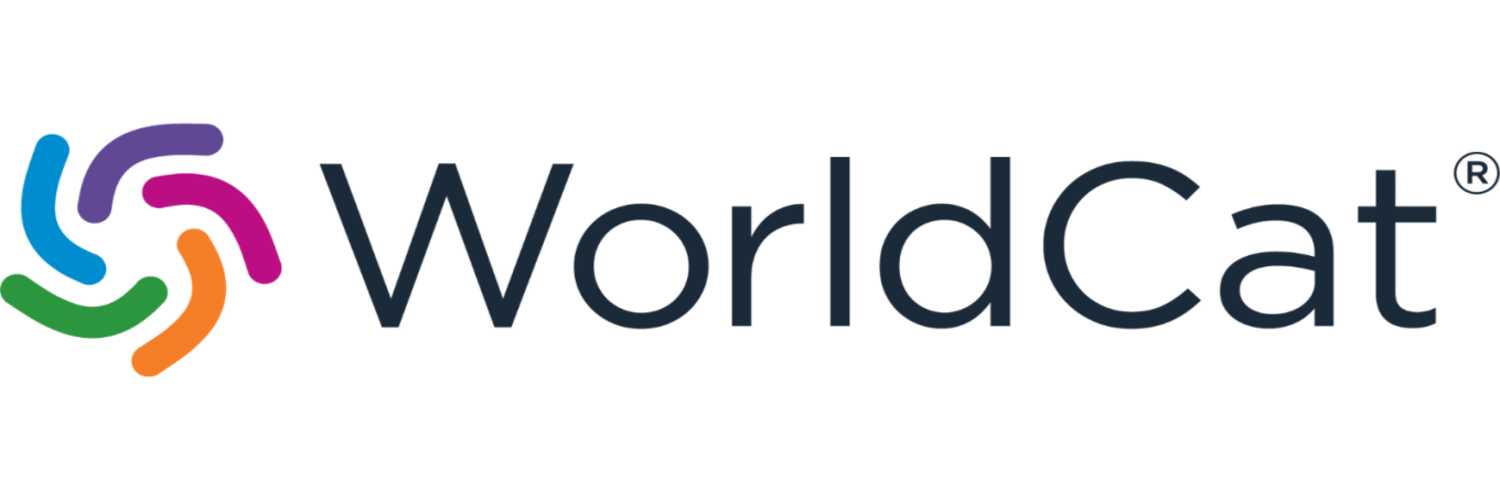
p (1).png)




.png)




.png)
